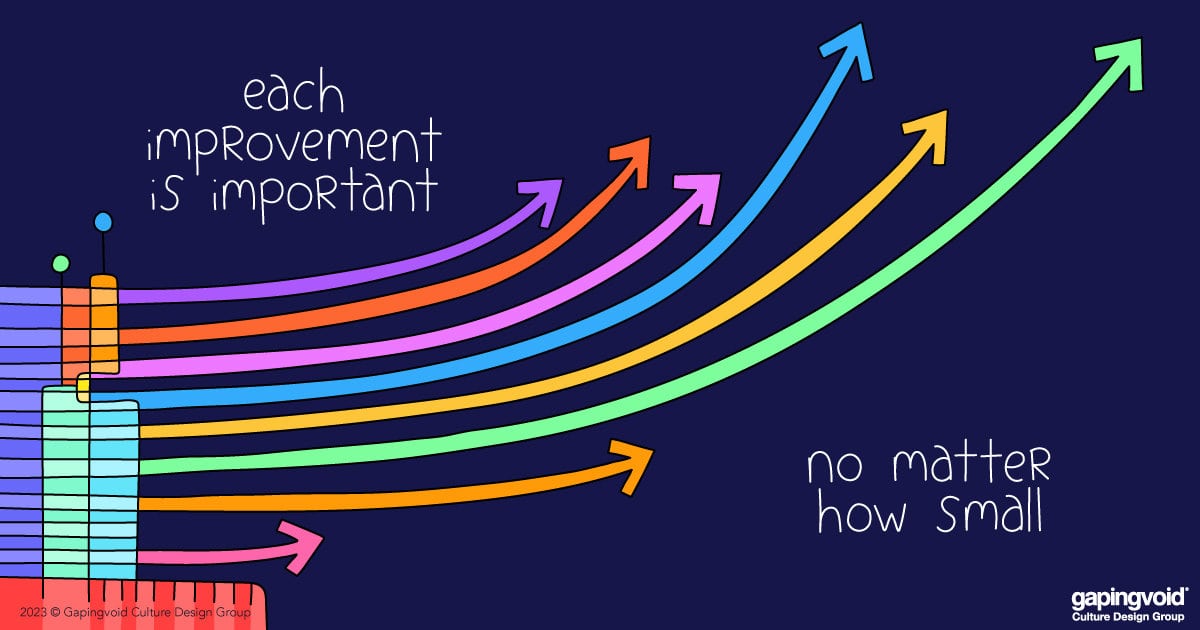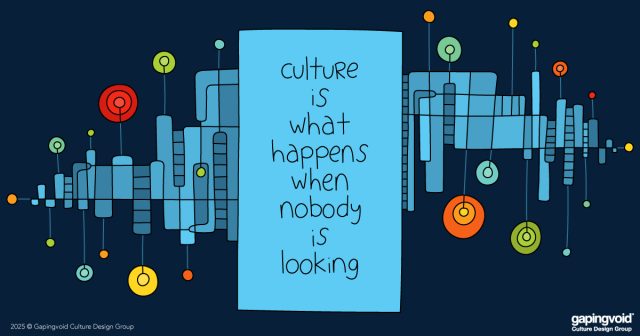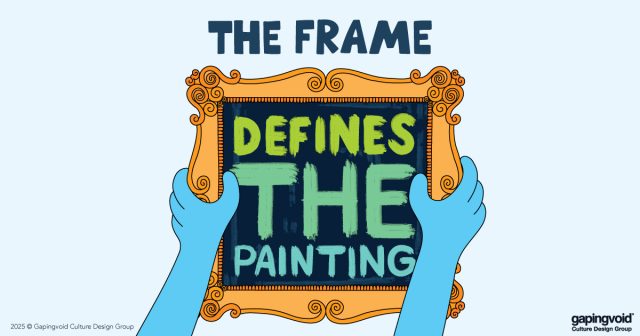
Only 16% of people manage to keep their New Year’s Resolutions, according to the Washington Post and the Economic Times India.
That’s pretty low, and a host of articles have told us why we humans are pretty bad at following through.
But there’s another factor at play. Namely that most New Year’s Resolutions are a drag.
In his book, The Happiness Hypothesis, Jonathan Haidt, makes the point that the resolutions most likely to fail are the ones that are trying to fix a long term fault.
“I’m going to lose weight.” Yes, but you’ve said that every year for the last twelve years.
“I’m going to go to the gym every day.” Yes, and the last time you tried that you lasted about three weeks.
“I’m actually going to stop going out so much during the week.” Yes, and we all know that you’ll be lucky to make it til Thursday.
Basically, when we set up resolutions like these, we’re setting ourselves up for failure by saying, “Starting January 1st, I’m going to be completely different to the person I was on December 31st.”
Not exactly a recipe for success. And if we are in the 80% that fail, all it does is make us feel worse off than when we started.
To quote Haidt: “How many of your New Year’s Resolutions have been about fixing a flaw? How many of those have you made several years in a row? It’s difficult to change an aspect of your personality by sheer force of will. And if it is a weakness you choose to work on, you probably won’t enjoy the process. If you don’t find pleasure or reinforcement along the way, then unless you have the willpower of Ben Franklin you’ll soon give up.”
Exactly. Our friend, Luca Dellanna, has great insights for how to find greater pleasure and reinforcements when trying to make a change, but Haidt has another simple remedy: “Work on your strengths, not your weaknesses.”
Instead of saying, “I’m going to lose weight,” say, “I really love salad. Next year, I plan to eat more of it.” Or, “I really loved tennis when I was a kid. I think I might take it up again.”
Trying to fix what’s “wrong” with us is never fun and it rarely works, especially when in fact there really may not be that much wrong with us to begin with. We’re not saying don’t improve. Far from it. It may just be a matter of tweaking the relationship between our strengths and our weaknesses and choosing to look at it from a different perspective.
Generally, we find that with happy, successful people, the reason they ended up that way isn’t because they were some kind of amazing, talented super genius, but because they happened to find something fulfilling and productive that they liked to do and spent a great deal of effort trying to do more of it, getting better along the way.



